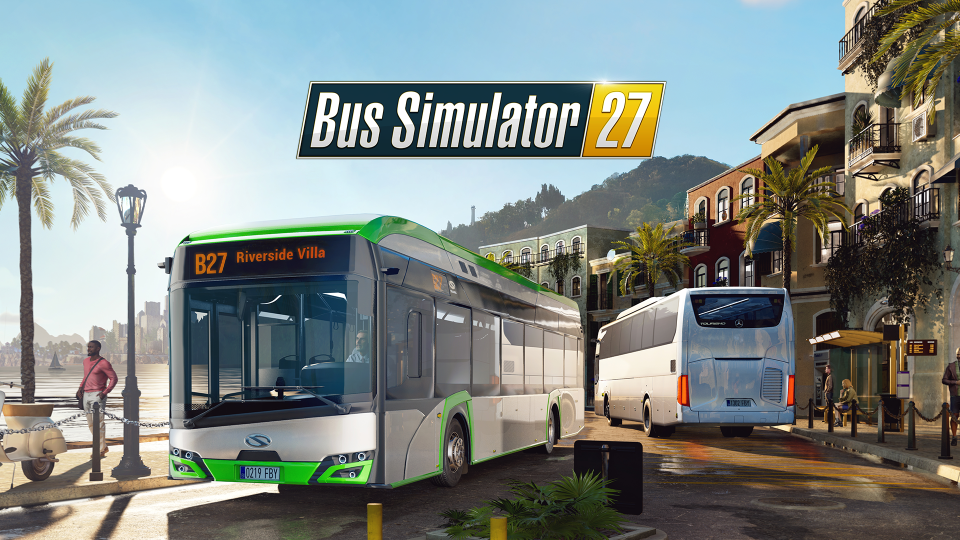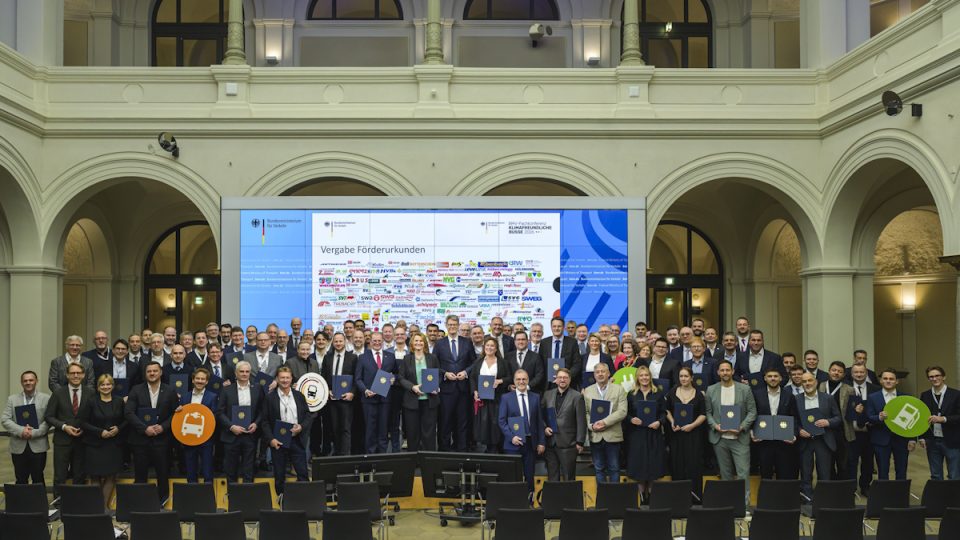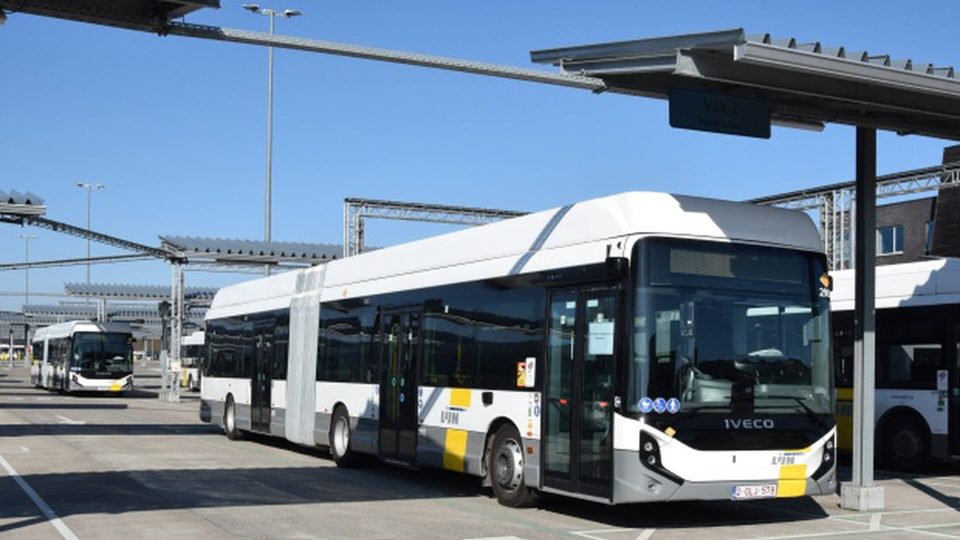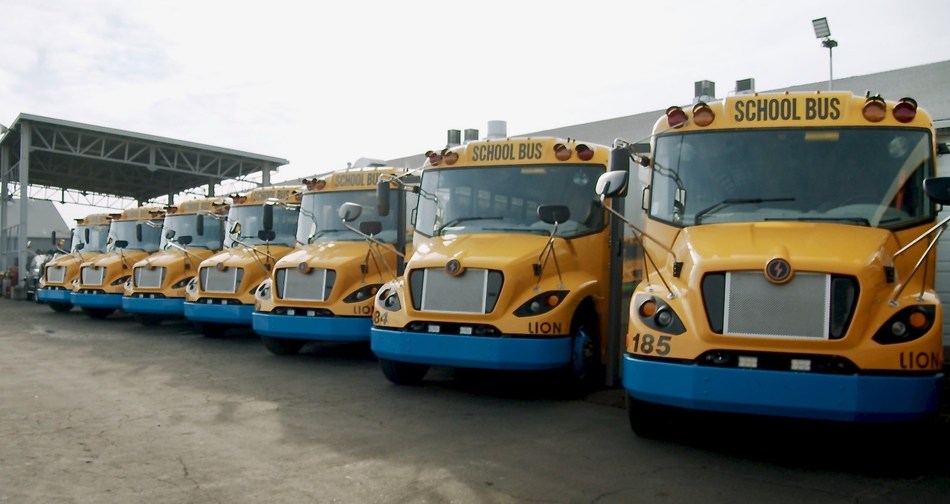Ballard takes over UK-based fuel cell systems integrator Arcola Energy
Ballard Power Systems has taken over Arcola Energy, a UK-based systems engineering company specializing in hydrogen fuel cell powertrain and vehicle systems integration. Ballard acquired 100% of Arcola for total upfront and earn-out cash and share consideration of up to US$40 million, based on the achievement of certain performance milestones. With more than 10 years […]
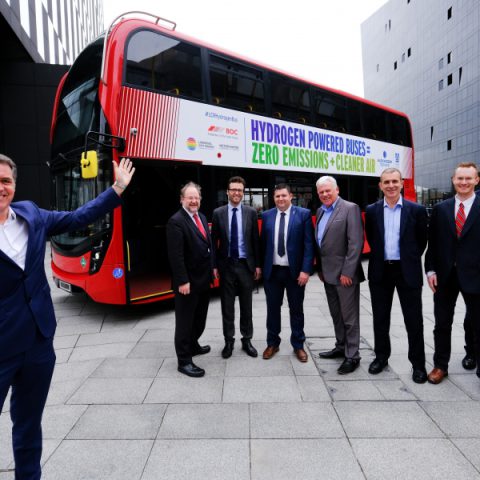
Ballard Power Systems has taken over Arcola Energy, a UK-based systems engineering company specializing in hydrogen fuel cell powertrain and vehicle systems integration.
Ballard acquired 100% of Arcola for total upfront and earn-out cash and share consideration of up to US$40 million, based on the achievement of certain performance milestones.
With more than 10 years of experience integrating Ballard fuel cell engines into powertrains and heavy-duty vehicles, including buses, refuse trucks and trains, Arcola currently has approximately 90 employees based in the UK.
Ballard Power Systems – Arcola Energy
“We continue to focus on simplifying the fuel cell electric vehicle (FCEV) experience and ease implementation friction points for OEM customers and end-users,” said Randy MacEwen, Ballard’s President and Chief Executive Officer. “We are putting the customer at the heart of our strategy and investments. With the acquisition of Arcola, we will make it easier for existing and new OEM customers globally to offer FCEVs by providing stronger support for the integration of our fuel cell engines into their vehicle platforms, including powertrain integration, vehicle integration and application engineering. With COP26 as a contextual backdrop for the urgent need to decarbonize hard-to-abate sectors, we are seeing growing global interest in the adoption of hydrogen-powered fuel cell engines into zero-emission buses, commercial trucks, trains and marine vessels. We welcome the Arcola team to Ballard, where our purpose is to deliver fuel cell power for a sustainable planet. With this acquisition, we significantly strengthen our global systems integration capabilities to further support our growth plan, while deepening our UK presence.”
Ben Todd, Founder and CEO of Arcola, stated, “The entire Arcola team is thrilled to combine our shared passion for decarbonizing mobility and our unique expertise in fuel cell powertrain integration with Ballard’s world leading PEM fuel cell technology and market position in heavy-duty mobility. Together, we will improve and optimize FCEV powertrain and vehicle performance, lower lifecycle costs, and simplify powertrain and vehicle systems integration and service for customers.”



